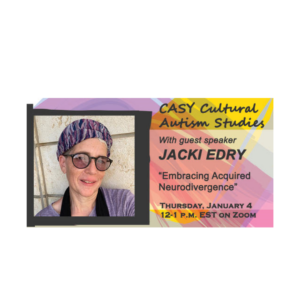
Tune in to The Uniquely Human Podcast
I’m thrilled to announce that recently, I was privileged to be a guest on the renowned podcast- hosted by Barry Prizant, Ph.D., CCC-SLP, and Dave Finch, “The
For the last twenty-odd years, at the start of the school year, I have found myself imagining what the ideal school setting would be for my children. I always envision an inclusive, equitable school environment that enables all children to learn, create, and thrive while preparing them for the workplace (and society) of the future.
At present, the educational system still has a long way to go in order to achieve these ideals.
In light of this, I would like to request that educators and policymakers consider implementing the following changes to help this vision become a reality:
I pray that this year we will begin to see changes like these implemented in schools around the globe and that they will lead toward a brighter future for all.
In addition, and perhaps most importantly, I hope and pray that this upcoming year will bring good health to all and that students from around the world will be able to learn face-to-face with their teachers and peers!
share this post on

Jacki Edry is a graduate of Hampshire College and has an extensive background in education, writing, and marketing. She has been exploring the world of autism and neurodiversity for over thirty-five years.

I’m thrilled to announce that recently, I was privileged to be a guest on the renowned podcast- hosted by Barry Prizant, Ph.D., CCC-SLP, and Dave Finch, “The

On January 4th, I had the immense pleasure of sharing my presentation, “Embracing Acquired Neurodivergence,” with the CASY Cultural Autism Studies Online Speaker Series. CASY

I’m delighted, excited, grateful, and highly honored to share with you that the incredible Barbara Bensoussan wrote an excellent article about me, my book, and
Moving Forward is a journey between the worlds of autism, neurodiversity, brain surgery recovery, and faith. It provides a rare glimpse into how sensory and neurological processing affect functioning and thought, through the eyes of a professional, parent, and woman who has experienced them firsthand.
Read More
You can also contact me at info@jackisbooks.com